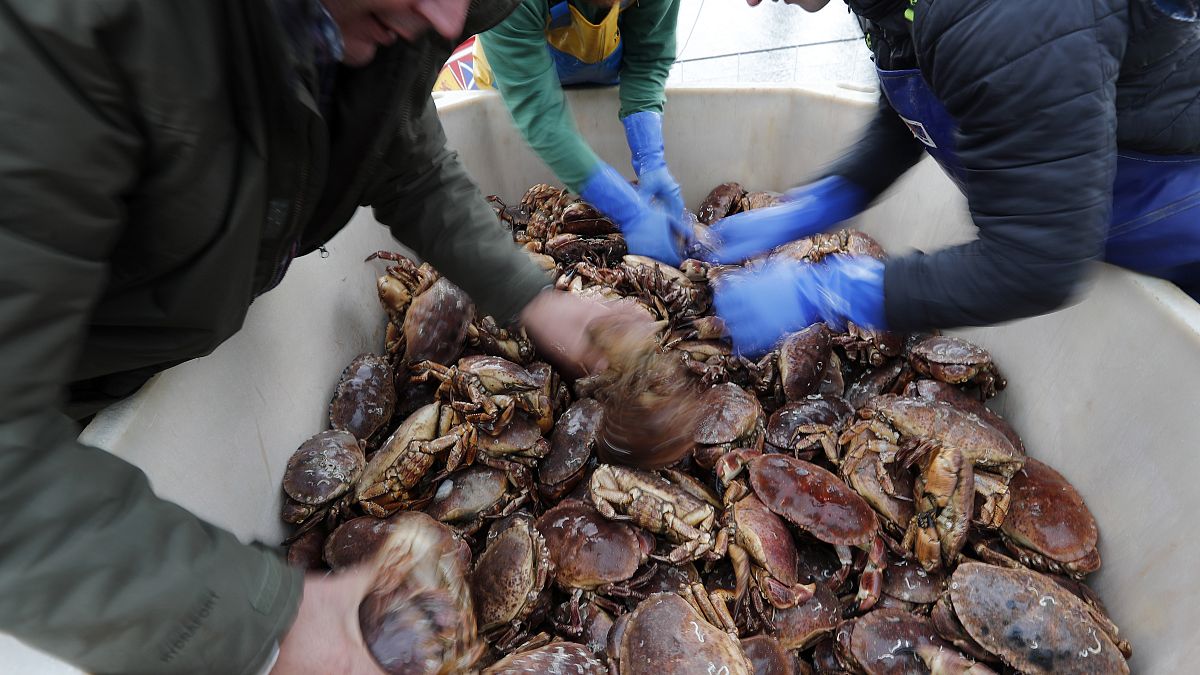Prior to the UK-EU divorce, access to Norwegian waters was negotiated at the European Union level.
UK fishermen have lost access to Norwegian sub-Arctic waters after the two countries failed to reach a deal.
The UK Fisheries firm warned that the lack of access to the cod-rich waters will cost the industry hundreds of jobs.
"This is a very black day for Britain," UK Fisheries CEO Jane Sandell said in a statement.
"In consequence, there will be no British-caught Arctic cod sold through chippies for our national dish — it will all be imported from the Norwegians, who will continue to sell their fish products to the UK tariff-free while we are excluded from these waters. Quite simply, this is a disgrace and a national embarrassment," she added.
Prior to the UK-EU divorce, access to Norwegian waters was negotiated at the European Union level.
A spokesperson for the British Department for Environment, Food & Rural Affairs (DEFRA), said they "put forward a fair offer on access to UK waters and the exchange of fishing quotas, but we have concluded that our positions remain too far apart to reach an agreement this year."
“We have always been clear that we will only strike agreements if they are balanced and in the interests of the UK fishing industry.
“Norway is a key partner and we will continue to work with them over the course of the year," they added.
The Norwegian Minister of Fisheries and Seafood, Odd Emil Ingebrigtsen, told Euronews that "the main obstacle was the level of (reciprocal) access to fish in each other's waters – so-called zonal access."
"For Norwegian vessels, this means that we have to fish the agreed quotas in our own waters. The same goes for the British fishing industry. This is doable, but it will mean less flexibility for fishermen and probably also less than optimal utilization of some fish stocks, biologically speaking," he explained.
Fishing rights were one of the most contentious issues of the Brexit process with the UK adamant it wanted out of the Common Fisheries Policy in order to control access to its waters. The sector is worth just 0.04 per cent of the UK's Gross Value Added (GVA) but is hugely symbolic in the island country.
Norway was then cited as a model to replicate. The Scandinavian country is an independent coastal state and reserves the right to set its own fishing quotas.
Last month, the UK, Norway and EU agreed on catch limits in the North Sea for six jointly-managed fish stocks for 2021.
